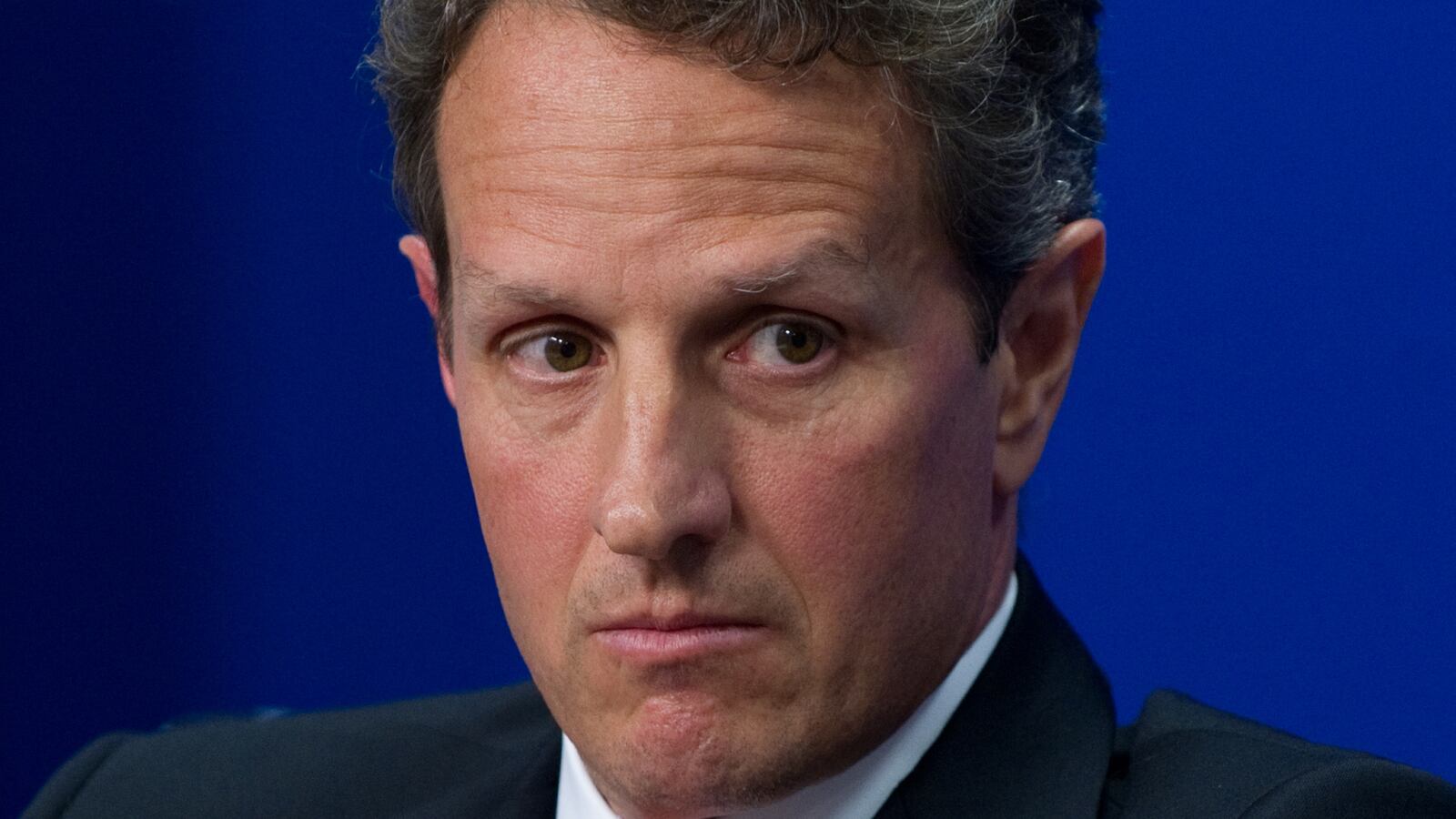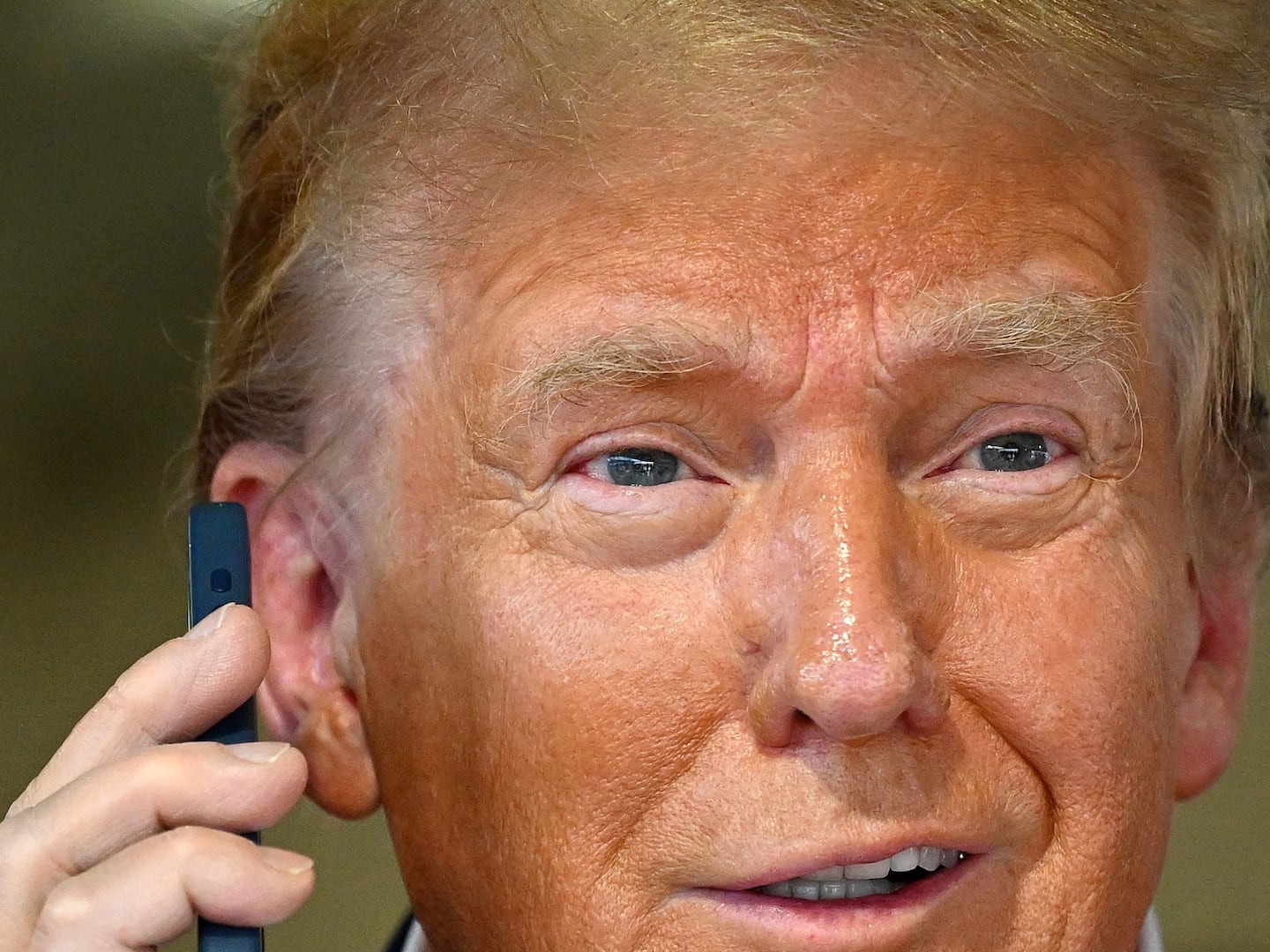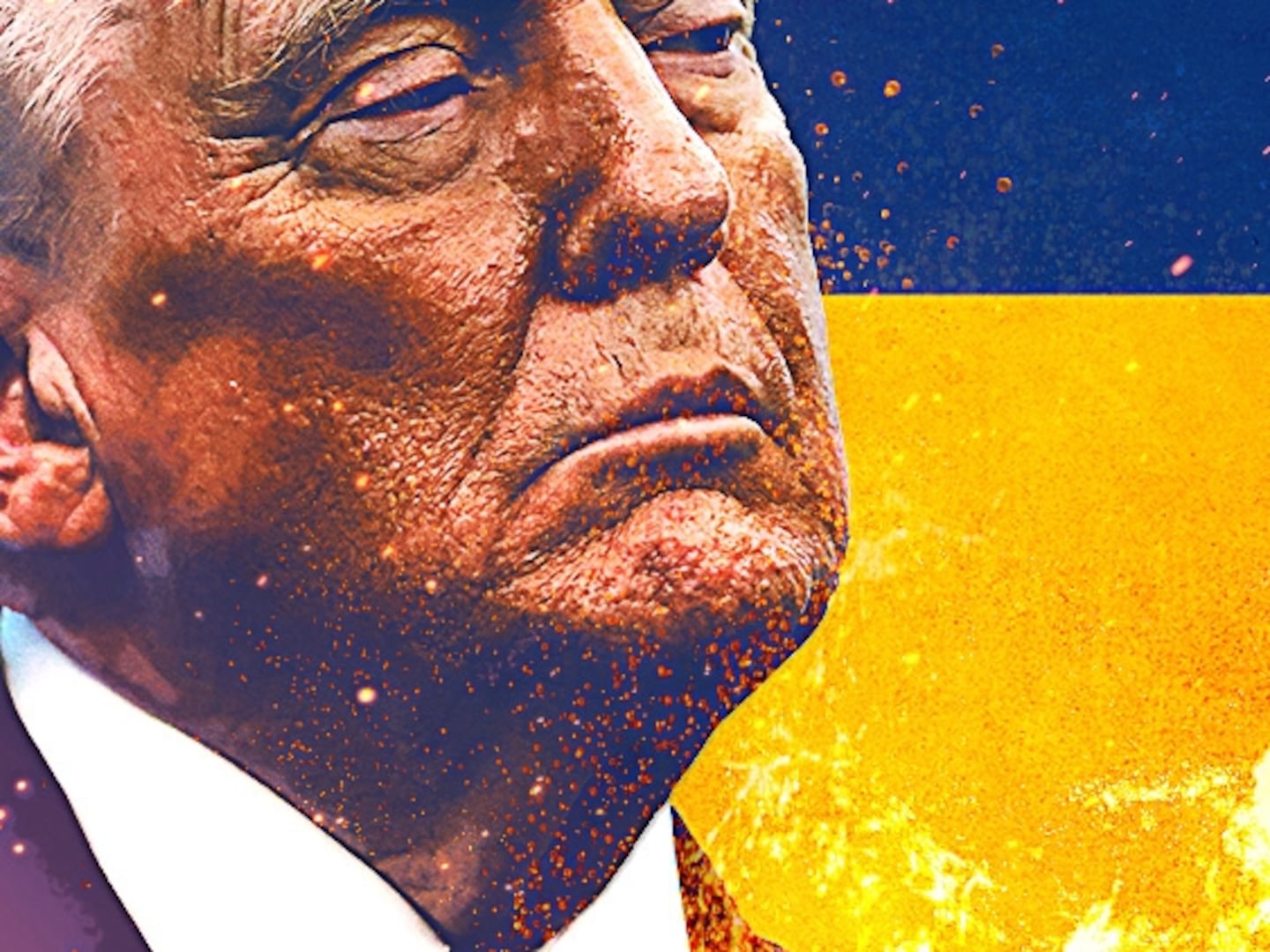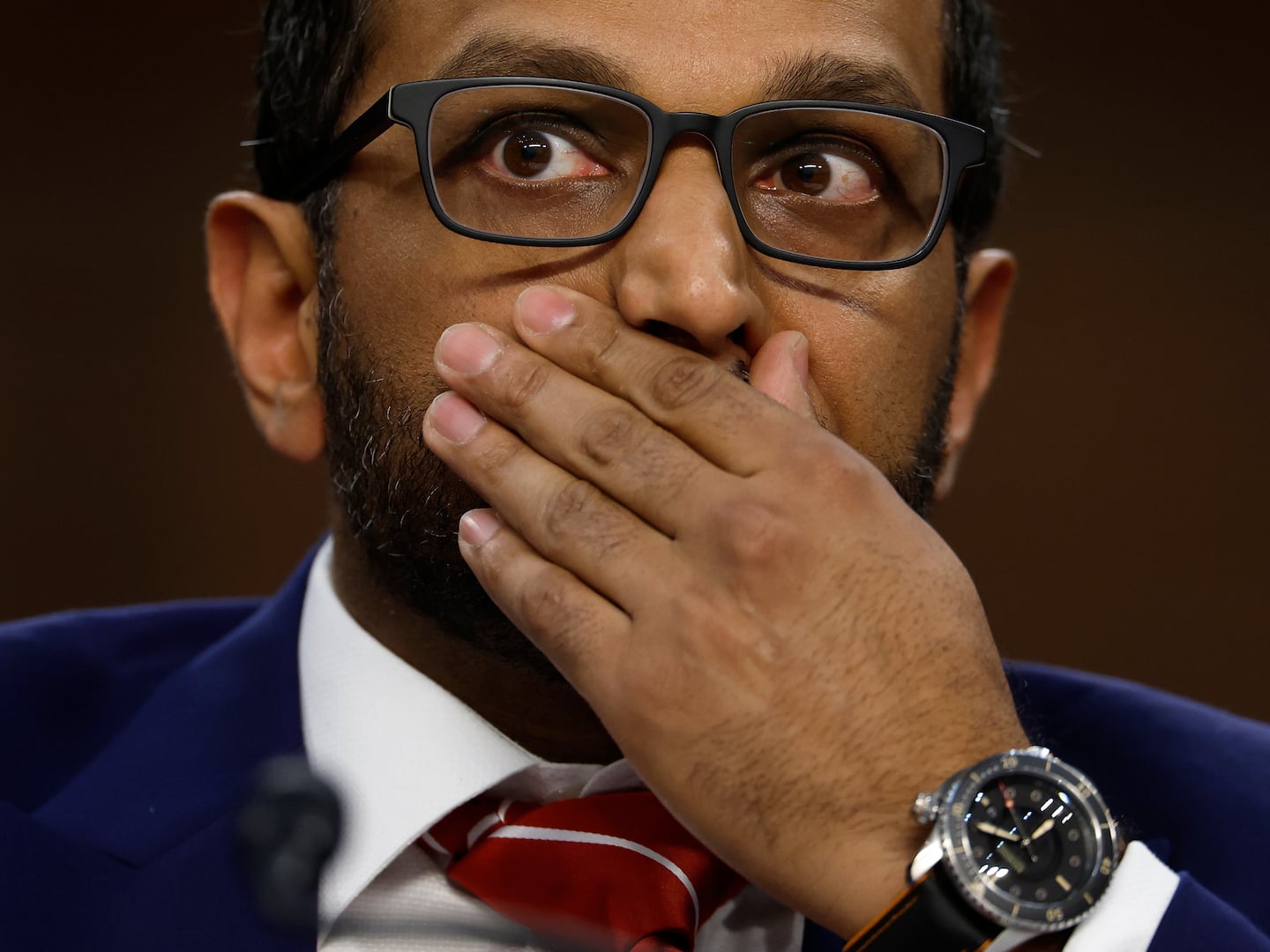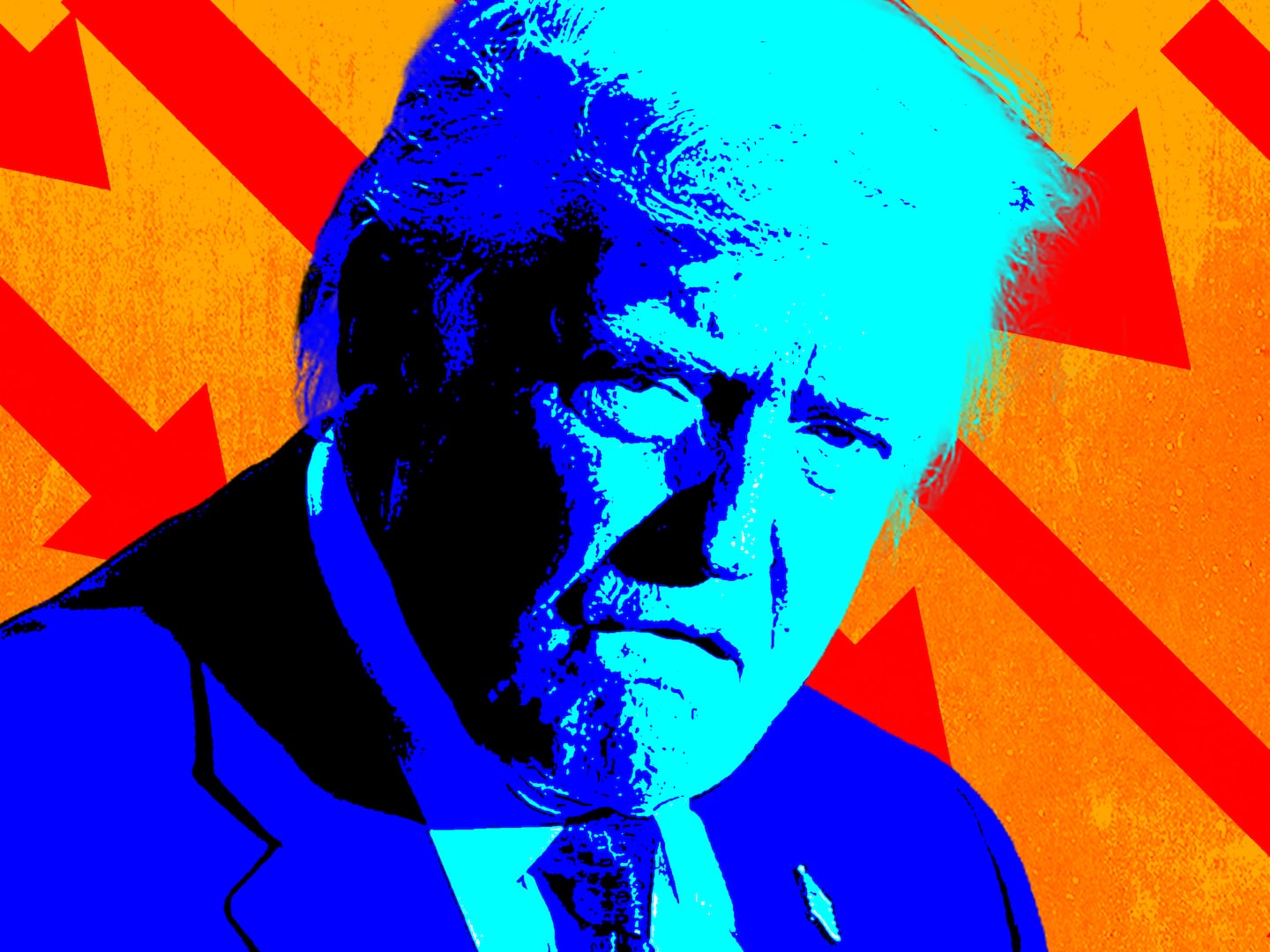Reviled by both left and right yet beloved by the man in the Oval Office, Timothy F. Geithner was a lightning rod for controversy as treasury secretary. Before being nominated by President Obama, Geithner was president of the Federal Reserve Bank of New York during the financial crisis. His time in the Cabinet began with a personal tax scandal, and he never seemed short on critics and naysayers.

In a new memoir, Stress Test: Reflections on Financial Crises, Geithner offers his take on what really happened. Read on for 10 of the juiciest bits.
1. He calls out Mitch McConnell, Scott Brown, Mark Kirk, and many more.
It would seem that 2014 is the year of unflinching memoirs from former Obama Cabinet members (fingers crossed for Sebelius).
Geithner has already caused one firestorm this week, after word got out that he claims Mitt Romney’s economic adviser, Glenn Hubbard, told him, “Well, of course we have to raise taxes. We just can’t say that now.” Hubbard, unsurprisingly, says Geithner is lying.
In the book, Geithner also asserts that in the fight for the Volcker rule, Chris Dodd asked for incentives for Scott Brown, Judd Gregg, Mark Warner, Evan Bayh, and John Kerry by creating loopholes for trusts, sweep accounts, insurance companies and affiliates, feeder funds, hedge funds with seed capital, “and most firms in Massachusetts.”
That wasn’t the only time Brown would get his own version of the infamous Cornhusker Kickback. According to Geithner, Brown told him that two companies in Massachusetts, Fidelity and State Street, needed to be protected from the Volcker rule.
In his account of dealings on the Hill, Geithner describes Sen. Richard Shelby (R-AL) as easily cowed by his staff and writes that as treasury secretary he found many of Senate Minority Leader Mitch McConnell’s “beliefs and methods offensive.”
He accuses Sen. Mark Kirk (R-IL) of undermining the U.S. in China, saying the senator “advised [the Chinese] not to buy Treasuries or other U.S. government debt, warning them that our spending was driving us toward default, and that the Fed was creating hyperinflation.”
During his tough confirmation hearings as treasury secretary, Geithner writes that one senator opposed him as “payback for Democratic opposition to President Bush’s nominees,” while another said he would oppose him to avoid looking “Obama-friendly.” Geithner does, however, single out Sen. Orrin Hatch (R-UT) for supporting him when the senator had nothing to gain.
2. Barbra Streisand got him all wrong.
Geithner spent a lot of his time at Treasury battling the notion that he was a former banker, and despite his efforts, the fictional part of his biography stuck. Evidently, for Barbra Streisand, there were additional parts of Geithner’s background of which he was unaware. At a state dinner, Streisand told Geithner he must be OK because he was a Brooklyn Jew. However, Geithner notes, “I’m not Jewish and I’ve never lived in Brooklyn.”
3. Dinesh D’Souza was ‘such a dick.’
While Dinesh D’Souza may be famous now for conspiracy books, the movie 2016: Obama’s America, and being indicted for alleged illegal campaign contributions, he was one of the writers at the right-wing Dartmouth Review when it published a list of gay students on campus. Geithner apparently went up to D’Souza at a coffee shop “and asked him how it felt to be such a dick.”
4. Elizabeth Warren’s criticisms were ‘mostly unjustified.’
For the most part, Geithner is meek when writing about Elizabeth Warren, the outspoken liberal many on the left preferred over him. However, he does get his shots in, albeit in a subtle fashion. In one section, after calling her “one of our most ardent and eloquent liberal critics,” he shares an anecdote about confronting her to come up with her own solutions. According to Geithner, “Warren seemed taken aback. To her credit, and to my surprise, she admitted that she hadn’t really thought about what specifically we should be doing differently.”
At the end of the book, he gets frank, admitting he had “a complicated relationship” with her. He describes her criticisms as “mostly unjustified” and her oversight hearings as “more like made-for-YouTube inquisitions than serious inquiries.” She “was better at impugning our choices…than identifying any feasible alternatives.”
Warren, of course, would have the last laugh.
5. Big critic Neil Barofsky was ‘untainted by financial knowledge.’
One of Geither’s biggest critics was the inspector general for TARP, a former prosecutor named Neil Barofsky.
In one of the better underhanded digs in the book, Geithner snipes, “Barofsky’s desire to prevent perfidy was untainted by financial knowledge or experience.”
Geithner also claims that former treasury secretary Hank Paulson apologized to him for saddling him with Barofsky.
6. Daughter Elise didn’t know who POTUS was.
While recovering from a kidney stone operation, Geithner spent time with his daughter, Elise, who was trying to keep work from getting to him so he could rest. At one point, a Secret Service agent popped in to say POTUS was on the phone, to which his daughter responded, “Who the fuck is POTUS?”
7. He had a job proposal for Hillary Clinton.
Geithner spends a significant portion of the book detailing how often he suggested to the White House that he be fired or how many times he tried to leave. (We can only imagine how much worse it was in person.) At one point, when he asked the White House to come up with a list of replacements, he offered up an interesting one—Hillary Clinton. Geithner thought her bipartisan history would be helpful.
8. The president brought in the big guns to get him to stay.
Congressional Republicans aren’t the only ones who find the president unpersuasive. Obama worked on Geithner’s wife, Carole, one-on-one to get her husband to stay on as treasury secretary, but she wasn’t exactly amenable, he writes. So the president ended the talk and dropped her off with Tom Hanks and Rita Wilson, saying they knew about the difficulties of spending time apart.
9. He had a soft spot for unpopular plutocrats.
Politically popular moves such as cracking down on banker bonuses weren’t the only actions Geithner shot down because he believed they were bad for the system. At a G-20 meeting in 2011, Europeans were pushing the White House to get involved in pushing bunga bunga legend and Italian Prime Minister Silvio Berlusconi out of office.
“We can’t have his blood on our hands,” responded Geithner, voicing his disapproval.
10. But bankers were so clueless.
One salient moment in the book comes during a meeting with JPMorgan Chase CEO Jamie Dimon. Dimon offered the president a team from JPMorgan to help draft the upcoming financial reforms—which the White House turned down. According to Geithner, “Dimon would later express genuine irritation to the president that we hadn’t taken him up on it, as if it would have been a feather in our caps to let Wall Street’s most powerful firm help write our new Wall Street regulations.”
11. He calls another big critic, Paul Krugman, ‘thoughtful.’
One of the more surprising asides in the memoir is when Geithner is detailing a meeting between the president and prominent American economists. One of those was Paul Krugman, who became notorious during Obama’s first term for railing against what he saw as a too-conservative approach by the administration. However, writes Geithner, “Krugman was typically thoughtful.” In addition, Geithner claims that he “knew the President read Krugman’s columns.”
12. Bill Clinton warned him not to go populist.
Geithner was never comfortable with the torches-and-pitchforks crowd, but at one point he did consider trying to do a better job of working with the public. So naturally, he turned to the silver-tongued President Clinton, who told him, “You could take Lloyd Blankfein into a dark alley and slit his throat, and it would satisfy them for about two days. Then the bloodlust would rise again.”
13. He kind of liked John Boehner.
Throughout the book, when detailing his negotiations with House Republicans, Geithner continually emphasizes his surprising fondness for Speaker John Boehner. During the infamous “grand bargain” talks in 2011, Geithner “found the Speaker’s obvious discomfort with the far right wing of his caucus sort of appealing; it was too visceral to be entirely tactical.”
“I kind of liked Boehner,” he concedes, writing that he believes the speaker was truly a pragmatic conservative “surrounded by extremists.”

